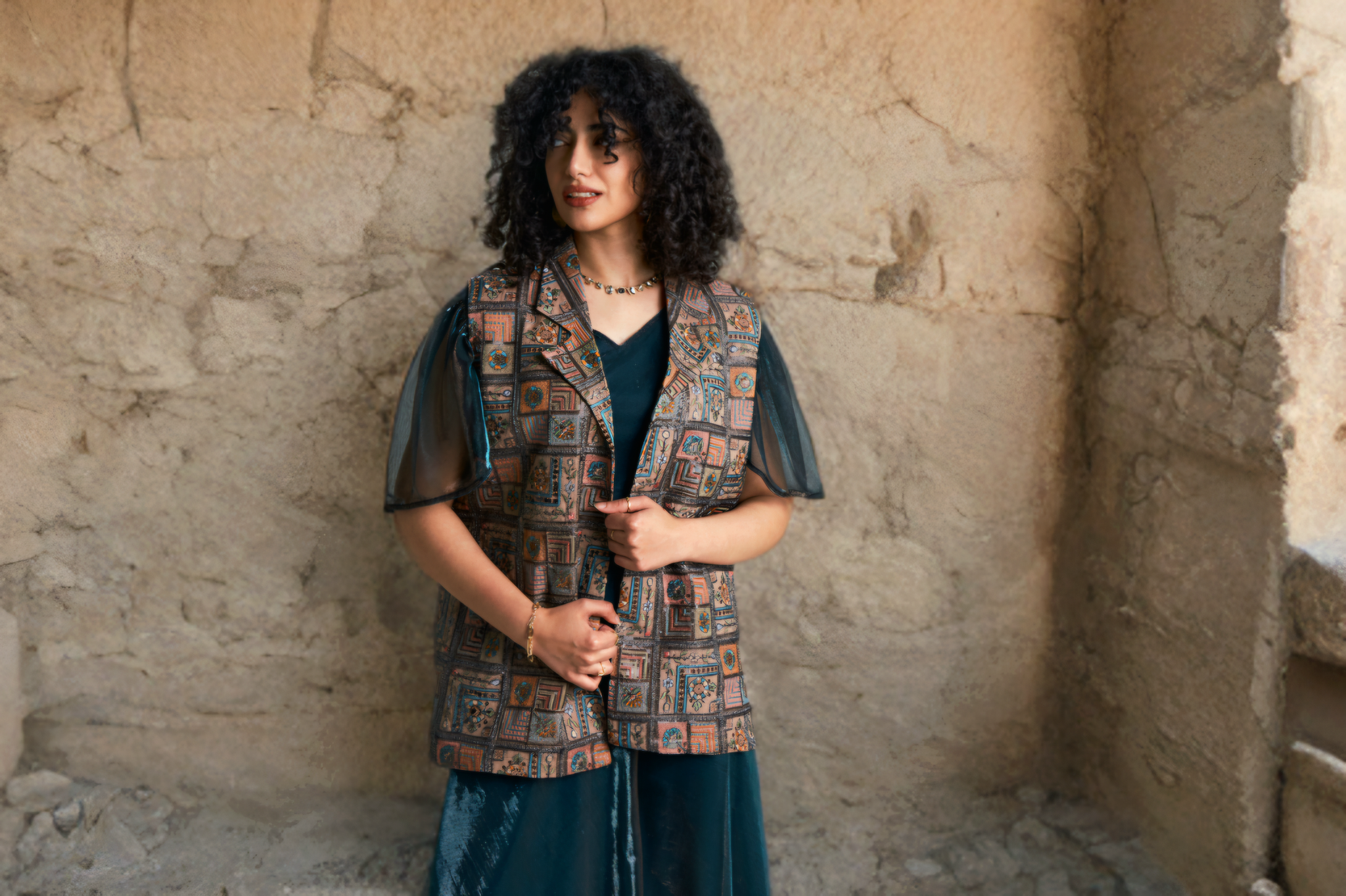In a world increasingly focused on sustainability, the fashion industry is undergoing a significant transformation. Consumers today are more conscious of their choices and the impact these choices have on the environment. The rise of designer kurtas and dresses exemplifies this shift, merging style with ethical practices. This article explores the significance of ethical fashion brands, emphasizing how they cater to modern sensibilities while promoting sustainable practices. The main point of this discussion centers on the importance of supporting brands that not only create beautiful garments but also prioritize ethical production methods.
The Rise of Ethical Fashion
The fashion landscape has evolved dramatically over the past few years. With the proliferation of fast fashion, many consumers are left grappling with the consequences of their purchasing decisions. Ethical fashion has emerged as a powerful response, advocating for transparency, fair labor practices, and environmentally friendly materials. Designer kurtas and dresses represent a segment of this movement, combining the artistry of traditional craftsmanship with modern design. This trend not only elevates personal style but also fosters a deeper connection between consumers and the garments they choose to wear. By supporting ethical brands, individuals contribute to a more sustainable future in fashion.
Understanding Designer Kurtas and Dresses
Designer kurtas and dresses are more than just clothing; they are a reflection of cultural heritage and artistic expression. Each piece often tells a story, showcasing intricate designs and craftsmanship that honor traditional techniques. The uniqueness of these garments lies in their ability to blend contemporary aesthetics with timeless styles. While many may appreciate their beauty, understanding the underlying principles of ethical fashion is crucial. Ethical fashion brand prioritize sustainable sourcing, ensuring that materials are responsibly harvested and that workers receive fair wages. This commitment to ethics ensures that every purchase supports a cycle of positive impact.
Ethical Practices in Fashion
At the heart of ethical fashion lies a commitment to sustainability and social responsibility. Ethical fashion brands actively seek to reduce their environmental footprint by using eco-friendly materials and adopting sustainable manufacturing processes. This dedication reflects a broader understanding of the impact that fashion can have on the planet. By focusing on quality over quantity, brands that produce designer kurtas and dresses encourage consumers to invest in garments that are not only beautiful but also durable. This shift promotes a culture of mindful consumption, where individuals value the stories behind their clothing rather than simply the labels they carry.
The Benefits of Supporting Ethical Brands
Choosing to support ethical fashion brands offers numerous benefits, both for the consumer and the broader community. By investing in designer kurtas and dresses, individuals contribute to a more equitable fashion industry. This choice often leads to better working conditions for artisans and workers, fostering a sense of community and shared purpose. Moreover, ethical brands frequently engage in practices that benefit the environment, such as reducing waste and utilizing sustainable materials. This commitment attracts consumers who are eager to make a difference with their purchasing decisions, knowing that their choices have a ripple effect on the world around them.
A Commitment to Conscious Choices
In today’s fashion landscape, the emphasis on ethical practices continues to gain momentum. Consumers are increasingly seeking brands that reflect their values, leading to a demand for transparency and accountability in the industry. This shift is particularly evident in the popularity of designer kurtas and dresses, which embody a spirit of mindful elegance. By choosing to wear garments from ethical fashion brands, individuals not only elevate their wardrobes but also align themselves with a movement that prioritizes social and environmental responsibility. Each choice made in the fashion realm can resonate well beyond personal style, fostering a more sustainable world.
Conclusion
As the conversation around sustainability in fashion grows, the importance of supporting designer kurtas and dresses becomes clear. Ethical fashion brands are not just a trend; they represent a necessary evolution in how clothing is produced and consumed. By choosing to invest in these garments, individuals contribute to a larger narrative of positive change in the industry. Companies like rubeenaameen.com exemplify this commitment to ethical practices, offering stylish options that honor both tradition and innovation. In the end, embracing ethical fashion is about making conscious choices that reflect personal values while paving the way for a more sustainable future.

